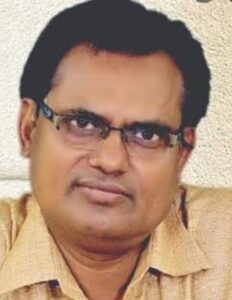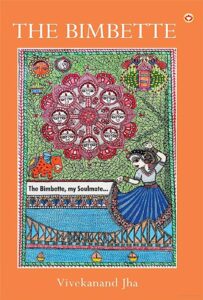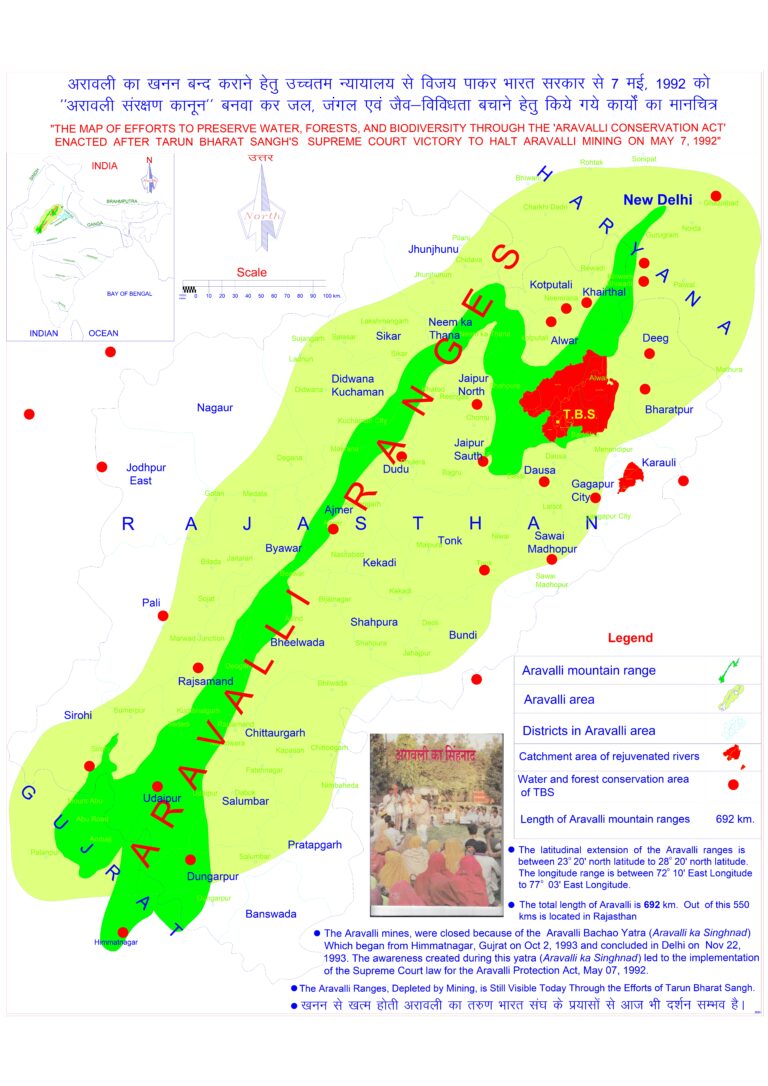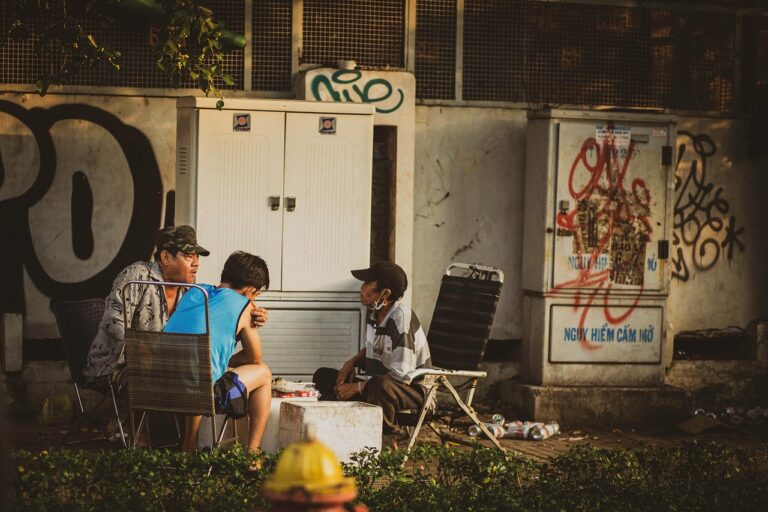
Book launch of Vivekanand Jha's The Bimbette in Varanasi.
Book Launch: The Bimbette

The Bimbette by author and public intellectual Vivekanand Jha gives an insight into the life of Mithila portrayed so eloquently in the novel, and that of a great metropolis, Calcutta. Published by Diamond Publishers, it was launched in Varanasi on December 31, 2024. The beauty of The Bimbette is reflected in the portrayal of the nostalgic past with a sense of aestheticism. Following is an excerpt from the first chapter of The Bimbette.
A Call of Destiny
Mukundnath Mishra was a well-reputed farmer in the village. He was always helpful as and when anyone needed his support. Significantly, whether it was the village feast–there was hardly any dearth of the same: in Mithila, the land of rituals, the feasts were organised at the drop of hats: on the occasion of death, Ekadasha, Duadasha, Manch–Maus, or the thread ceremony–Mukundnath was always there to help out his fellow villagers. Also, the ancestors of Mukundnath were known to be powerful.
Hence, when Mukundnath, accompanied by his son Udaynath, held a private discussion with Brijmohan Choudhary, the grandfather of Manikant, for seeking the latter’s hand for his granddaughter Indira, Brijmohan could not refuse. Brijmohan settled for five thousand rupees dowry for his promising grandson. Udaynath, despite hesitating for a while, finally relented and agreed to pay the requisite sum of dowry. Usually, it was the village custom–and this custom extended to the entire Mithila, that a good number of a crowd gathered for such negotiation of dowry–but this was an exception in the village when few people settled the marriage and the decision was communicated to the entire village.
A few days were remaining for the marriage. Udaynath’s house wore a festive look. All around preparations were afoot: almost 1000 people were expected to come to the marriage party. Therefore almost seventy-five kilograms of mutton was ordered; two lambs were awaiting to be sacrificed for the occasion. Fishes too were sought to be requisitioned in heavy quantity, for the Choudhary family should get its due. The confectioners were hired to prepare rasogollas and pantuas (gulab jamoon). Milk too was arranged from the fellow villagers and the neighbouring villages. Those possessing cows and buffalos were already given the order for requisitioning their whole milk of the day for the marriage.
In other words, Udaynath, his father Mukundnath, his brothers Shivnath, Kishorinath, and, Bhavnath, and others were all busy ensuring the arrangements were properly made. Just two days to go for the marriage. Everyone in the family was gung ho for this occasion; after all, this was the first marriage of a daughter in the family. The tarpaulins and chairs too were organised. Everyone now awaited for the D day to arrive.
‘Sahlesh Drama’, a popular folklore drama, was played in those days across Mithila, drawing huge attraction. Incidentally, the drama related to King Sahlesh and his queen drew massive applause from the crowd. Unequivocally, the drama was so popular that womenfolk, usually staying indoors, would aspire to go out of their homes to watch it.
The drama was to be played in the neighbouring village of Belhar, Korthu. In the wake of the arrival of such a drama party in the village, the information was communicated to the villagers by beating the Dhol (a special type of drum). The early morning, with the beating of the Dhol, the buzz of the womenfolk of the village, too, venturing out early morning around 4. a.m. to watch drama, gained currency.
Manohari Devi, the wife of Udaynath and mother of Indira, too, could not resist the temptation of watching the drama in the early morning. It was planned that they would go early morning around 4. a.m. and return by 7. a.m. It would take them almost twenty minutes to reach the venue.
Manohari Devi persuaded her daughter Indira to join her for the show. Around 3.30 a.m. the women numbering around seven from Puvai tol (Eastern side of the village), marched together for the show. The entourage of women had to pass through Keoti tol, and Mallah tol before it reached the venue in the neighbouring village.
Suddenly as they approached Keoti tol, the scores of Keots advanced towards them in a menacing gesture. One of them was shouting, “Babhan ke bahu beti chai, jaldi pakar, e mauka dobara nahi bhettau (They are the wives and daughters of Brahmins, quickly grab them, this opportunity will never come again)”.
The women were panic-stricken; seldom they expected this danger to crop up from nowhere. As the women rushed back, a few men ran faster to grab them. Suddenly Manohari Devi cried in agony, “E ki karai chi (What you are doing)?” when she found herself being grabbed by the stronger black hands. The man whose face was not visible in the darkness, lecherously burst forth, “Kani chumma leba diya. Kani kaal ke lel hamre apan bor maen liya (Allow me to kiss you, take me as your husband for few seconds)”. Aghast at this horror unfolding unexpectedly, Manohari Devi loosened the grip of those black hands and ran faster towards the Puvai tol. The black man too chased her frenziedly.
In the meanwhile, another man kissed Indira. She managed to let herself free and blindly ran towards her house. The man, furious by this development, ran frenziedly behind her, shouting, “Laila, aebjo, pagla bana ka nai jo gae, aur chuma leba de ( O darling, come, sweetheart, do not go away by making me so hot, let me take more kisses)”.
It was almost 4.30 a.m. now, and the womenfolk reached their homes, with their muddied feet, for they fell on the ground, on their way back. They remained hushed up, yet their menfolk dissected the whole sordid incident which had sullied them.
In the early morning, even though a small panchaiti (adjudication) took place at the Panchait Bhavan in Belhar, it was in the hushed up tone, for Udaynath and others, whose women fell casualty to the lust of Keots, never wanted the matter to spread. However, with none identified, the entire issue was immediately buried.
The matter of women being subjected to harassment spread far and wide in the village. The matter invariably reached Brijmohan Choudhary. Shocked beyond the words could describe, he was extremely furious. How could a girl who was expected to get married in two days, could undertake such a misadventure at the early dawn? Brijmohan Choudhary burst forth. He immediately called his family members for discussion. Finally, he communicated his irrevocable decision: “This marriage stands repudiated. Refund rupees five thousand to Udaynathjee”.
– global bihari bureau






